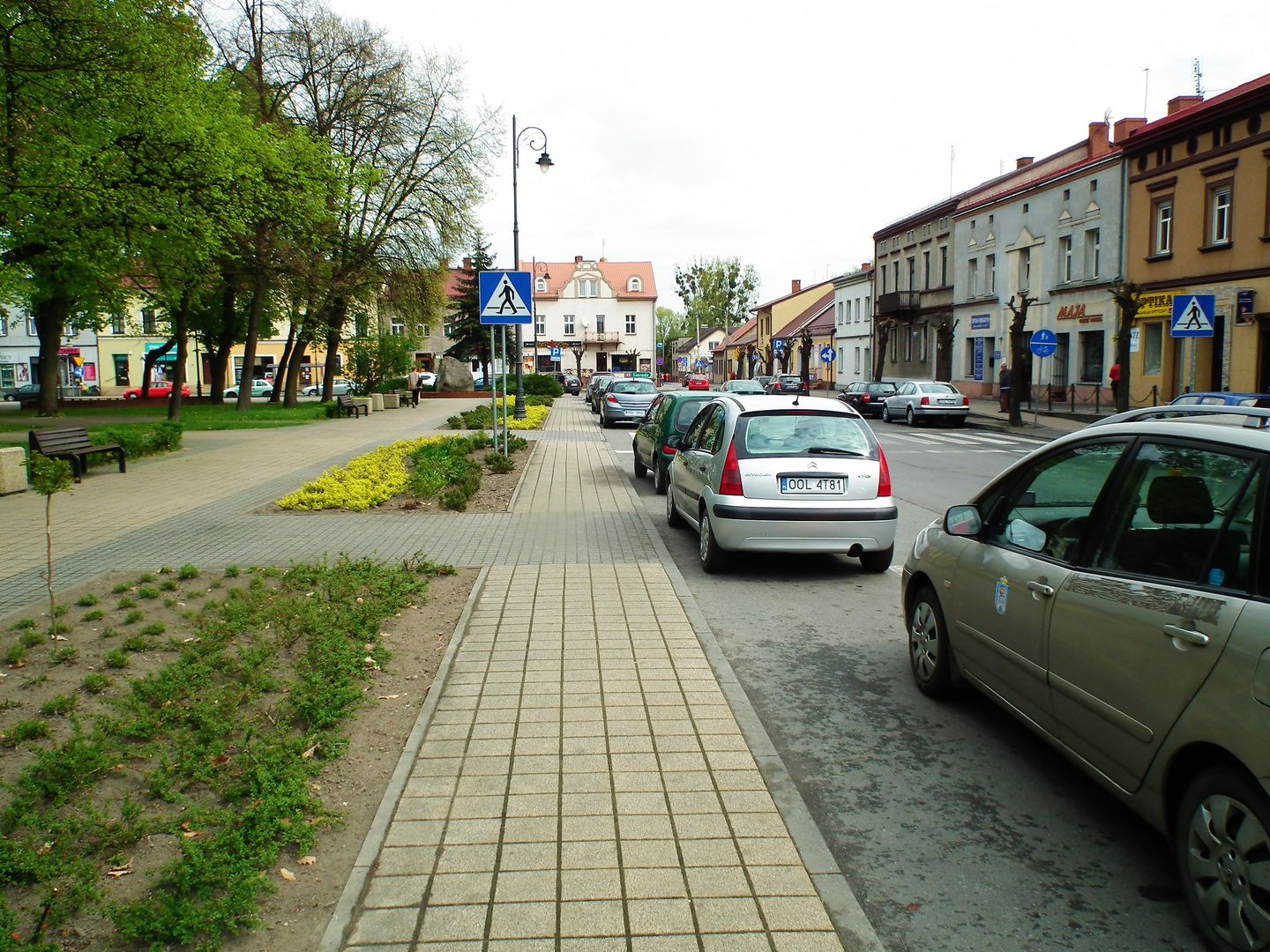Praszka
6.34

Overview
Praszka is a town in Poland, located in the Opole Voivodeship, within Olesno County, on the Prosna River. It boasts a rich history dating back to the 13th century, with the first written records from 1392. In that year, the town was granted municipal rights by King Władysław II Jagiełło. Historically tied to the Wieluń region, Praszka developed primarily due to local crafts and mining, with iron smelting being practiced here as early as the 15th century.
In the 18th century, the town declined as a result of wars, and after the Second Partition of Poland, it fell under Prussian and later Russian rule. In the 19th century, Praszka suffered a major fire, and its reconstruction led to the emergence of new architecture, including a brick church and a school. The town lost its municipal rights in 1870 but regained them in 1919.
Praszka is characterized by its historical landmarks, such as the 19th-century Church of the Assumption of the Blessed Virgin Mary, Roman Catholic and Jewish cemeteries, and a synagogue converted into a cultural center. In terms of sports, the town is known for its football club LZS, youth sports activities, and facilities like the Kotwica sports hall and Nemo swimming pool. Praszka engages in international cooperation with Bohorodchany in Ukraine and Mutterstadt in Germany.
The town is home to various religious communities, including the Roman Catholic Church and Jehovah's Witnesses. An interesting historical fact is that a skirmish of the January Uprising took place here in 1863. Praszka serves as an industrial center with automotive and lighting manufacturing plants and a dynamically growing education sector. In 2023, a bypass was opened, improving transportation. The population was approximately 8,150 in 2008, and social and cultural infrastructure continue to develop. Praszka is a town with a rich history and numerous attractions that draw the attention of both residents and tourists.
Location
2026 Wizytor | All Rights Reserved